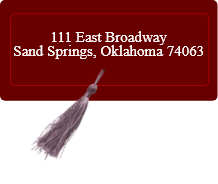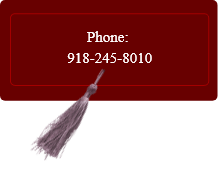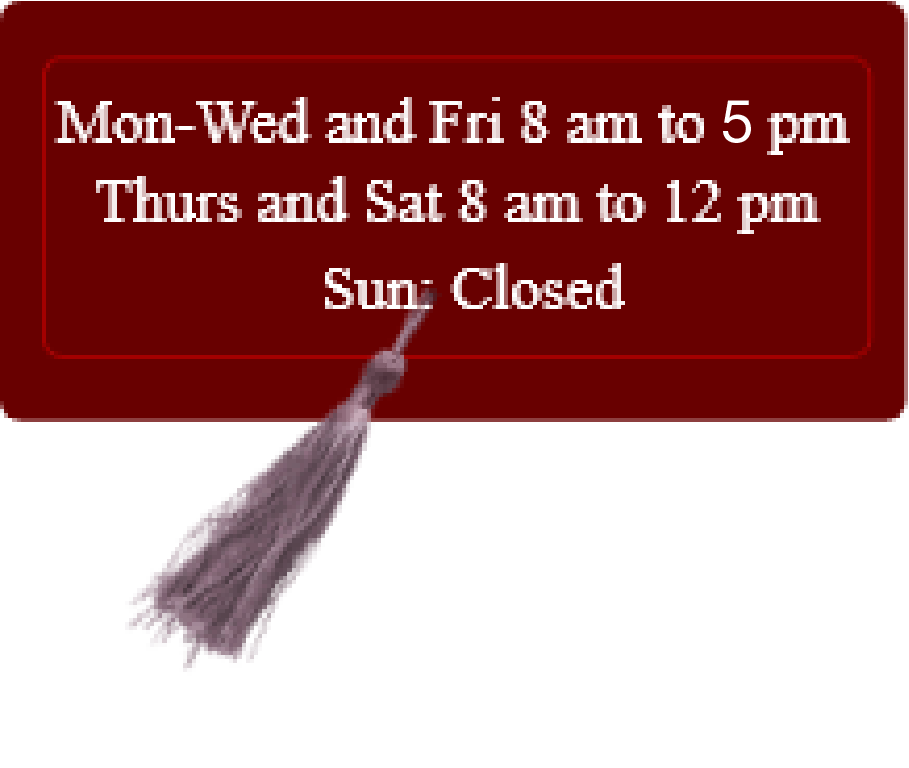
Rankin Veterinary Hospital PC offers a wide range of surgical services. Surgery is sometimes the best option to treat disorders or injuries and at times it is the only option. Dr. Rankin does a wide range of surgical procedures and has been doing surgeries for more than 35 years.
In discussing surgical options with you Dr. Rankin will visit with you about the risks involved with the surgery and the likely outcome of surgery. If your pet is high risk or has underlying medical conditions Dr. Rankin may require blood work prior to surgery to better evaluate those risks. If your pet’s surgery involves removal of a mass Dr. Rankin may recommend the tissue be sent to a pathologist for evaluation of malignancy. On occasion, Dr.Rankin may refer you to a specialist surgeon if the procedure is beyond of his surgical skills. In preparing for surgery withhold food from 10 pm the night before surgery unless otherwise instructed. It is not necessary to withhold water.
Failure to restrict food may cause the surgery to be postponed. Prior to anesthesia your pet will be given injections of an anti-emetic to hopefully prevent any surgical nausea and a pain relief medication. Other medications may be needed prior to surgery depending on your pet’s health status.An IV catheter may be placed at the time of surgery to allow for medication administration and to maintain fluid therapy during surgery.
An endo-tracheal tube may be placed in the trachea to keep an open air passageway and for administration of gas anesthetics. Sometimes pets have an irritated throat after endo-tracheal tube placement and may cough for a few days.
During surgery your pet is monitored for changes vital signs. Adjustments in anesthesia are made according to pet’s vitals. Surgery may include the use of a surgical laser and thermo-cautery as needed. During recovery patients are monitored for signs of pain or duress. Recovery time depends upon the anesthetic agent that was used and the nature of the surgery as well as how individual patients respond to anesthetics. On most spay and neuters the patients are discharged the same day whereas other surgeries may require further hospitalization.
At discharge Dr. Rankin will discuss with you the time expected for healing and any restrictions in activity or diet. Sutures are generally removed 10 to 14 days post-surgery. An E-collar may be sent to help prevent any chewing or licking of the surgical area or post-surgical clothes may be utilized to prevent unwanted aggravation of the surgical site and provide support.
Some of the more common surgeries that Dr. Rankin performs are ovariohysterectomies (spay), orchiectomies (neuter), cystotomies, hernias, abscesses, laceration repairs, pyometras, foreign body removals, exploratories, aural hematomas, tumor removals, and dog attacks. This is not an all-inclusive list but some of the more common procedures. If your pet is in need of surgical services give us a call to schedule an exam.

Rankin Veterinary Hospital PC offers a wide range of surgical services. Surgery is sometimes the best option to treat disorders or injuries and at times it is the only option. Dr. Rankin does a wide range of surgical procedures and has been doing surgeries for more than 35 years.
In discussing surgical options with you Dr. Rankin will visit with you about the risks involved with the surgery and the likely outcome of surgery. If your pet is high risk or has underlying medical conditions Dr. Rankin may require blood work prior to surgery to better evaluate those risks. If your pet’s surgery involves removal of a mass Dr. Rankin may recommend the tissue be sent to a pathologist for evaluation of malignancy. On occasion, Dr.Rankin may refer you to a specialist surgeon if the procedure is beyond of his surgical skills. In preparing for surgery withhold food from 10 pm the night before surgery unless otherwise instructed. It is not necessary to withhold water.
Failure to restrict food may cause the surgery to be postponed. Prior to anesthesia your pet will be given injections of an anti-emetic to hopefully prevent any surgical nausea and a pain relief medication. Other medications may be needed prior to surgery depending on your pet’s health status.An IV catheter may be placed at the time of surgery to allow for medication administration and to maintain fluid therapy during surgery.
An endo-tracheal tube may be placed in the trachea to keep an open air passageway and for administration of gas anesthetics. Sometimes pets have an irritated throat after endo-tracheal tube placement and may cough for a few days.
During surgery your pet is monitored for changes vital signs. Adjustments in anesthesia are made according to pet’s vitals. Surgery may include the use of a surgical laser and thermo-cautery as needed. During recovery patients are monitored for signs of pain or duress. Recovery time depends upon the anesthetic agent that was used and the nature of the surgery as well as how individual patients respond to anesthetics. On most spay and neuters the patients are discharged the same day whereas other surgeries may require further hospitalization.
At discharge Dr. Rankin will discuss with you the time expected for healing and any restrictions in activity or diet. Sutures are generally removed 10 to 14 days post-surgery. An E-collar may be sent to help prevent any chewing or licking of the surgical area or post-surgical clothes may be utilized to prevent unwanted aggravation of the surgical site and provide support.
Some of the more common surgeries that Dr. Rankin performs are ovariohysterectomies (spay), orchiectomies (neuter), cystotomies, hernias, abscesses, laceration repairs, pyometras, foreign body removals, exploratories, aural hematomas, tumor removals, and dog attacks. This is not an all-inclusive list but some of the more common procedures. If your pet is in need of surgical services give us a call to schedule an exam.















